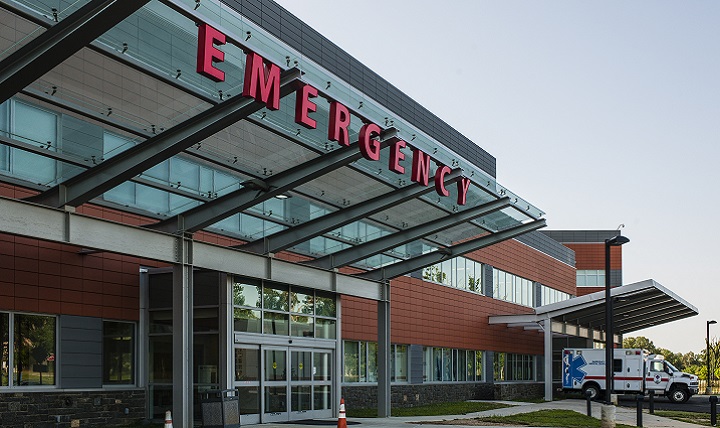Research Team
Crime and Justice Policy Lab, University of Pennsylvania
Northeastern University
Project Overview
The opioid epidemic in Massachusetts (and the U.S. more broadly) shows no sign of subsiding; there is growing awareness among policymakers that expanding treatment alone may not be enough to curtail the epidemic. At the same time, policymakers have been reluctant to use criminal justice as part of the strategy to fight the epidemic—in part because of valid concerns that many criminal justice interventions can have harmful side effects that fall particularly heavily on disadvantaged communities.
To overcome this policy roadblock, better research and data may not just be helpful, but necessary. State and local enforcement agencies are willing to engage and try innovative practices, but policymakers will not be willing to embrace solutions unless those solutions are supported by rigorous studies—evidence that demonstrates strong benefits with minimal harmful side-effects. Through this project, we will work directly with federal, state, and local enforcement government agencies to design and implement the research that will be necessary to develop new enforcement strategies on the opioid crisis. In all cases, these strategies are focused on reducing harm: preventing overdose deaths, encouraging people suffering from OUD to seek treatment, and mitigating the harms to communities done by drug markets.
The project will follow two connected sets of activities. First, we convene a variety of federal, state and local partners—from both law enforcement and public health—in the cities of Boston, Lawrence, and Woburn. These partners meet in working groups that bridge disciplines (including law, criminology and public health) to discuss shared challenges and to identify the most pressing open questions and areas for exploration. Synthesis of the working group activities will guide the second set of activities: problem analysis research that can inform and identify policy interventions.

